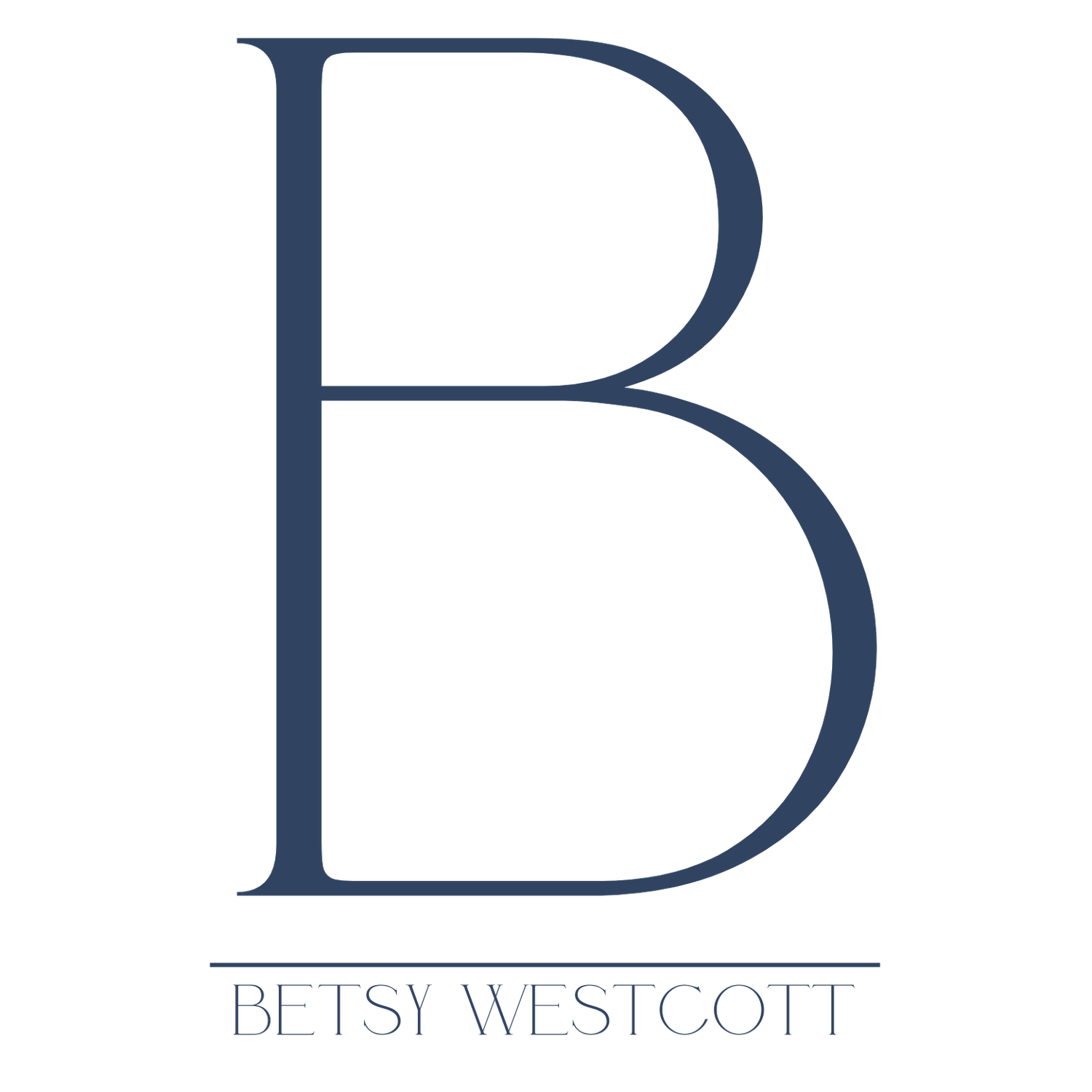Money Stories: Paridhi Jain, Founder of SkilledSmart
Paridhi Jain and I share a common purpose - helping people to transform their lives through financial education. Early in Paridhi’s career she saw the devastating impact of failing to build a strong financial foundation. She worked with countless Australians who were affected by cancer and were struggling financially - talk about a double-whammy, right? She observed how quickly someone’s financial life could come undone and the affect this then had on their mental health, social life and family. This made her wonder about why money is so misunderstood by so many even though it’s this thing we all use and need. So she created a place where people could learn about money and called is SkilledSmart. SkilledSmart run financial education programs, webinars and events.
Today we’re getting to know Paridhi and as she shares with us her money story.
What’s one of your earliest money memories?
I arrived in Australia with my family when I was about 3 years old. So my early childhood memories are the early days of my parents’ migration to Australia, and like most migrants those first few years can be tough as you try to get a job, build a career, survive and settle. So I don’t have a specific memory that comes to mind, but those early days were characterised by simplicity as we made do with what we had.
How would you describe your relationship with money?
I’d describe it as ever-evolving! It’s changed a lot and continues to evolve. In some senses, I see money as a vehicle for personal growth. Using an analogy, a lot of people who get into fitness may initially start the journey for a specific goal (like a great bikini body, or strength, or stamina), but along the way they realise that to attain those goals you have to develop things like commitment, discipline, resilience, persistence - there’s a lot of personal development and growth required. So fitness becomes this vehicle for personal growth. I think of money a bit like that -- working on your financial goals and your relationship with money can be a great vehicle for personal growth.
Was there a particular moment where you decided to make your financial wellbeing a priority?
Yes and no. I’d been casually interested in a while, so it was really a process over time. But I did take a particular interest during my corporate career-break. It was just one of those moments where I felt like, “now that I have some spare time, let’s really get on top of it and figure this stuff out!” So having that space and time did fast-track my progress.
What do you wish you could tell your younger self about money?
Honestly, I wish I could give my younger self the financial education course I now run! If I’d had that course when I was 18 and just got my first job, I think it would have really changed my trajectory quite significantly.
What’s the best piece of money advice you’ve ever received?
Stay clear of (credit card) debt, and invest in your financial education.
What’s your favourite thing to splurge money on?
I’m not much of a splurger, but I am a bit of a nerd: I like to invest in my personal development whether that’s in the form of courses, books, programs, coaching etc.
Tell me about your proudest money moment?
Honestly, I think making that transition from making money as an employee on a salary, to making money as a business owner has been a huge shift. It’s been a pretty steep learning curve, and also took a lot of mindset shifts along the way.
Do you have any money regrets?
I’ve made plenty of mistakes but it’s all a journey! There’s no end to what one could have, should have, would have done in the past...I like to focus more on what I can do now, for the future.
If you won $100,000 what would you do with it?
Well this is what I’d like to think I would do: put $50,000 away in investments, give $5,000 to charity; earmark $5,000 as fun money spending for myself & my husband, earmark $20,000 for a new car (a goal of ours), split the remaining $20,000 between my husband and myself for our individual goals. I’d spend my $10,000 on personal and professional development.
How do you use your money as a force for good?
I’m still learning about what ‘doing good’ really means. It’s a pretty complicated area. When you start down the road of asking what is ‘effective altruism’, and are charities actually worth donating to and if so how do you assess which ones...Or, sometimes you think you’re doing ‘good’ but later come to learn that the charity’s actions had a lot of unintended negative consequences. It’s a super complex area, definitely not straightforward.
Although I still do give to charity, I think when I was younger, I thought of impact largely in the context of big global issues, whereas in more recent years, I’ve also started to think a lot more about impact closer to home, as an individual or as part of a local community. How can I have impact through the way I live my life on a day to day basis? Whether that’s living more simply and consuming less, being more mindful of ethical food and consumption choices, or finding more opportunities to be more actively involved in contributing value to people through my work.
Want to get to know Paridhi better? Yeah you do! You can find her on Linkedin or via the SkilledSmart website.


